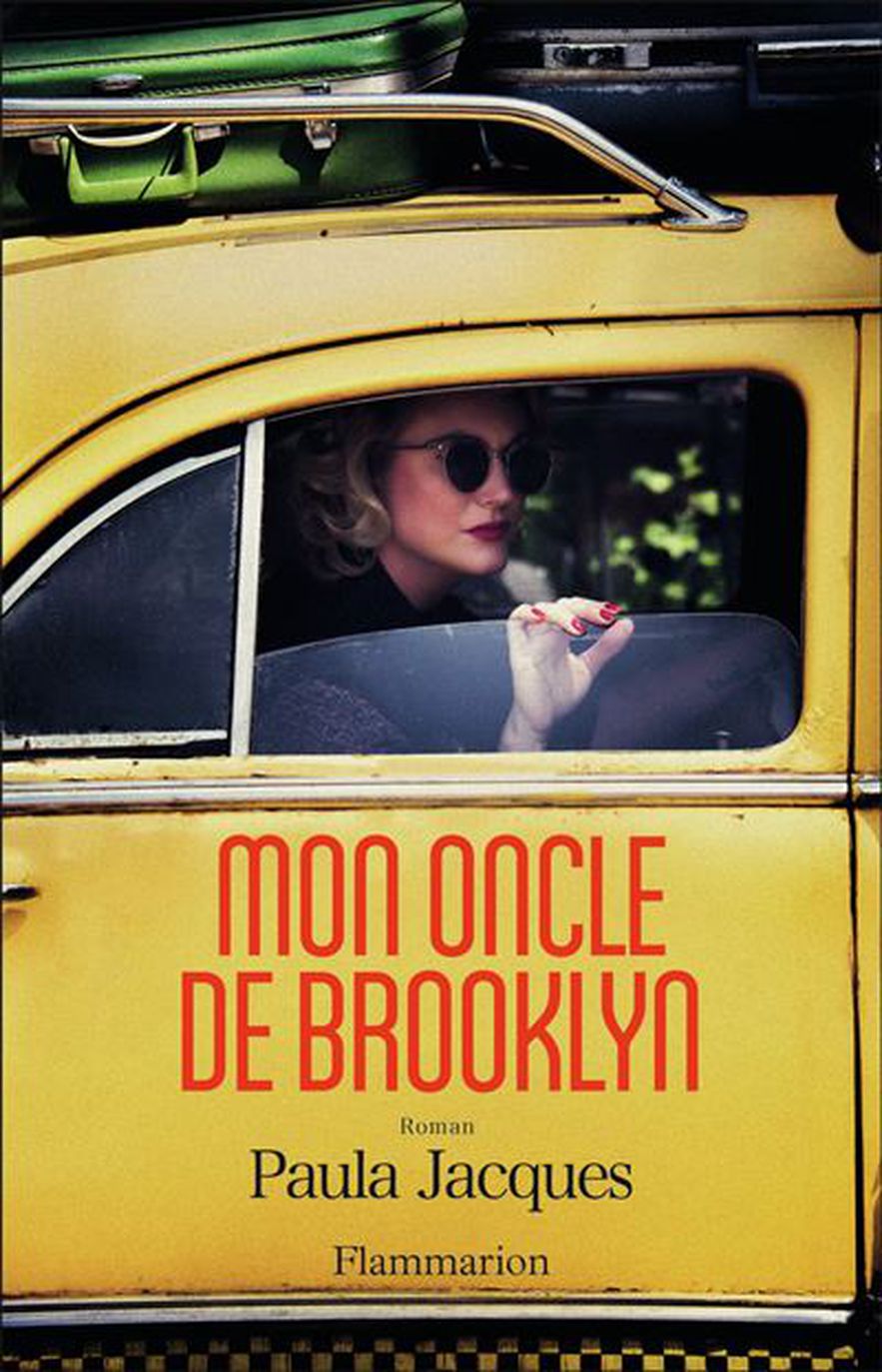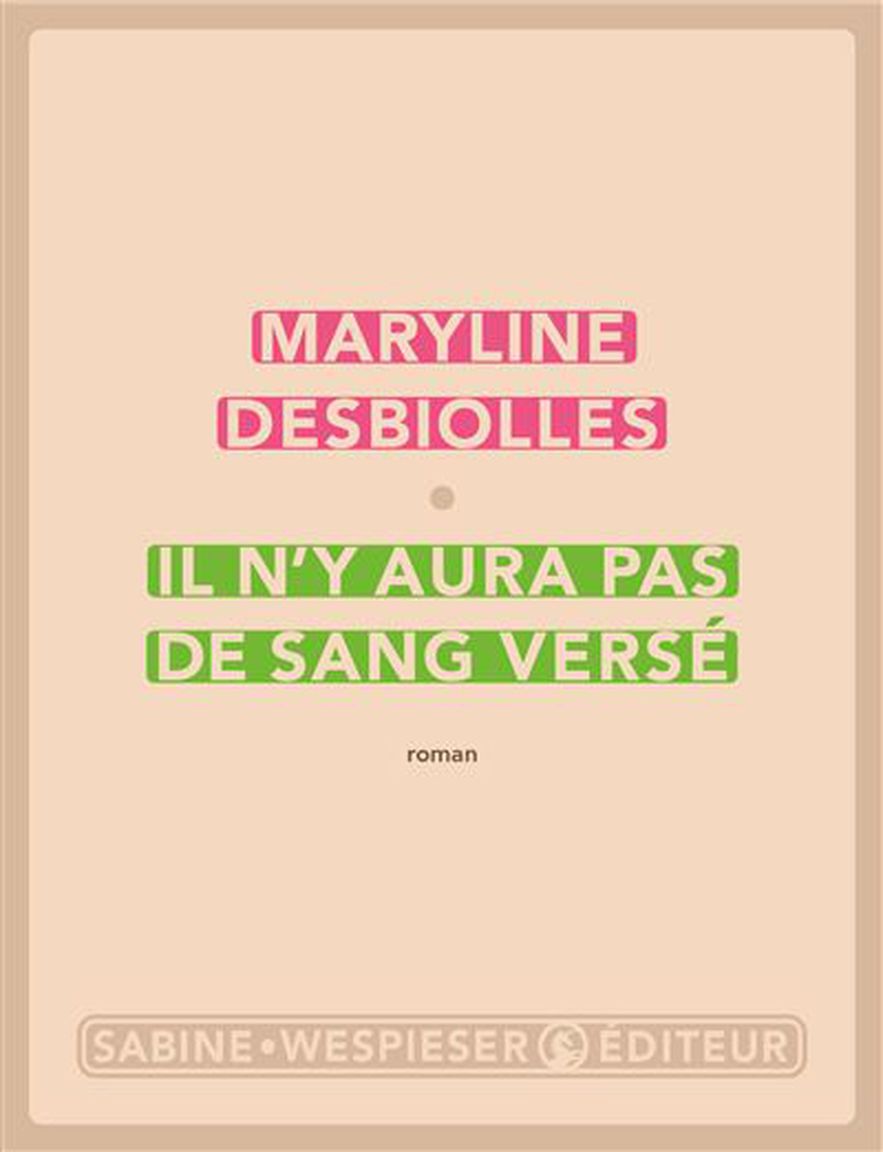The Cemetery of the Sea
By Aslak Nore, trans. from Norwegian by Loup-Maëlle Besançon
The noise of the world, 512 p., 25 €.
Express rating: 3/5
By Aslak Nore, trans. from Norwegian by Loup-Maëlle Besançon The noise of the world
© / The noise of the world
In Norway, the shipwreck is almost as famous as that of the Titanic: on October 23, 1940, the coastal express DS Princesse Ragnhild carried about 300 passengers to the bottom of the sea, including many German soldiers whom it was transporting to the North. Aslak Nore makes this event the cornerstone of his novel, which features one of the most powerful (fictional) families in Norway, the Falcks, one of whose ancestors, Thor, was the owner of the ship. It is an understatement to say that the clan, in a few decades, flourished, multiplying its activities grouped together in the very influential SAGA group, led with an iron fist by Olav. The story opens with the suicide of his mother, Vera, writer and shipwreck survivor. The search for his will, which cannot be found, will, in addition to the tears between heirs, bring to the surface (it is the case to say it) the secrets of a carefully buried past.
Aslak Nore is having a field day, multiplying reversals of alliances, manipulations, action scenes, ultimately questioning the validity of lying to preserve prosperity. The key to the mystery lies in a manuscript written by Vera and never published, which tries to unearth a certain Johnny Berg, commissioned by Hans Falck, nephew and rival of Olav. Even if the many twists border on a certain escalation, the bottom of the story remains striking, which, from the collaboration during the war to the anti-communist stay-behind networks through the targeted assassinations, reveals the dark side of Norwegian democracy and its elites. Bertrand Bouard
My uncle from Brooklyn
By Paula Jacques.
Flammarion, 336 pages, €21.
The rating of L’Express: 3/5

My Brooklyn Uncle By Paula Jacques. flammarion
© / flammarion
We don’t mess with Shabbat! At least in the community of Orthodox Jews from Egypt residing in the United States. Also, on this Friday, September 1, 1989, when the tradesman Marco Sultan parks in extremis at 7:13 p.m. in his garage, he does not take the time to deal with the strange noises of his boiler. Fatal negligence. His house explodes, killing his wife, Leila. At the same time, Eva, his Parisian niece – and narrator – has just arrived in New York. Journalist, she landed an interview with the famous and formidable Toni Morrison, the author of Beloved, for the magazine Young Africa. The ultimate… On the phone, his mother, a Jewish mother through and through, orders him to go and see his uncle in the hospital. Her schedule gets complicated, especially as Toni Morrison fails her once, twice, and she strikes up a sex story (and soon a love story) with an American writer she met on the premises of the Random House publisher.
From this canvas, the novelist and member of the Femina Paula Jacques jury composes a lively tragicomedy navigating between fiction and reality – like these monster demonstrations after the assassination of a black teenager from Brooklyn by whites, which will ultimately lead to the gala of support helping, on the election of David Dinkins, the first African-American mayor of New York. In doing so, the ex-host of France Inter, a native of Cairo, paints a piquant portrait of the ultra-Orthodox, a community whose rigidity she slays while recognizing in it the sense of oriental hospitality and a beautiful generosity. And plays “good-natured Ashkenazim who don’t give a damn about Sephardic metics”. Cheerful, we tell you. Marianne Payot
There will be no bloodshed
By Maryline Desbiolles.
Sabine Wespieser editor, 152 p., €18.
The rating of L’Express: 4/5

There Will Be No Bloodshed By Maryline Desbiolles. Sabine Wespieser editor
© / Sabine Wespieser Editor
She likes short novels and plunging her plots into a strong historical context, preferably located in the South of France where this child from Ugine (Savoie) lives. After hot coals (march against racism from Marseille to Paris in 1983) or even Breakup (collapse of the Malpasset dam, near Fréjus, in 1959), Maryline Desbiolles is interested in the first women’s strike in France, that of the ovalists (silk workers) of Lyon, in June 1869. In her own way, under the form of an unstoppable story, but unrolled with finesse, sensitivity and language games. Here, it is the women, of course, who hold the upper hand. They are young, called Toia, Rosalie, Marie, Clémence, come from Piedmont, Nyons (Drôme), Mieussy (Haute-Savoie), Lyon, do not know each other, but will form a team of torchbearers, fighting towards a better life.
And there is room! They work, standing, twelve hours a day, with the exception of Sundays, for 1.40 francs (mill workers, they earn 2 francs), and sleep in dusty lofts. They are two thousand, on this June 17, from the brand new district of Brotteaux to those of Chartreux and Guillotière, to peacefully demand “decent” working conditions, i.e. ten hours a day (for 2 francs), with the right to sit down and no longer be “housed and fed like servants”. Their strike lasted a month, barely supported by the International Workers’ Association. Only, in certain workshops, the claim of the ten hours is acquired. Still, for a first participation, the ovalists of Lyon are doing with panache. PM
